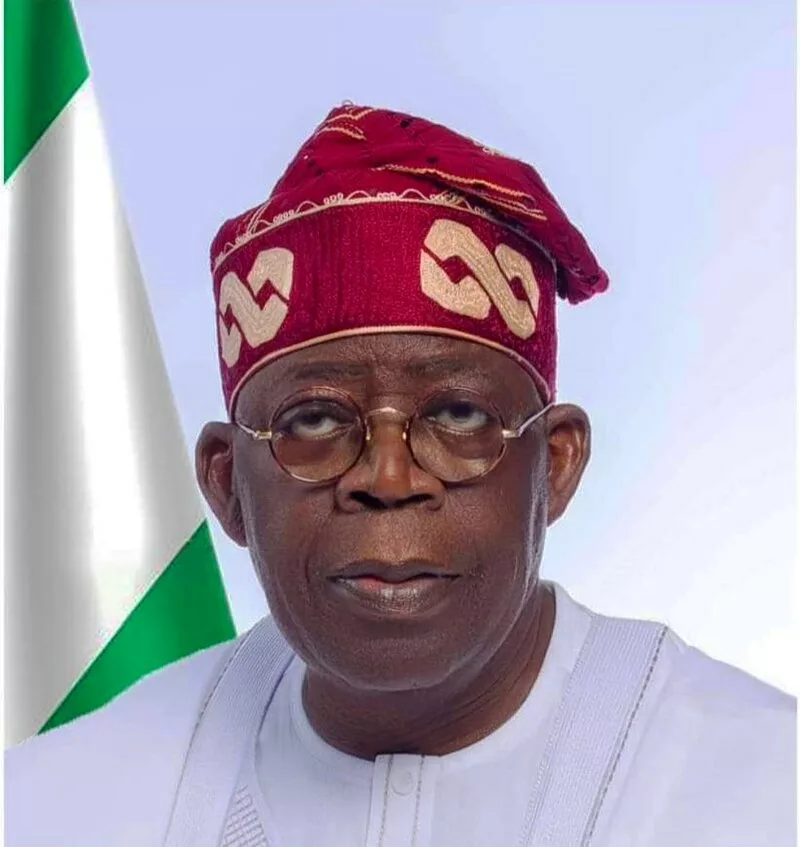Nigeria loses nearly $9 billion annually due to post-harvest waste caused by inadequate facilities, according to U.S. Consul General Will Stevens.
Speaking virtually at the launch of Manamuz Electric’s Aguobu Iwollo Refrigerated Aggregation Center in Enugu State, Stevens highlighted the significance of addressing issues in cold storage, agro-processing, and transportation infrastructure to mitigate these losses.
Stevens commended Uzo Mbamalu, a Mandela Washington Fellow who spearheaded the solar-powered cold storage project. Uzo, one of 12,000 Nigerians who have participated in U.S. government exchange programs, utilized his experience at the University of Nevada-Reno to establish connections benefiting his community. Stevens acknowledged the University’s College of Business for providing technical and business advisory support, alongside a grant from the U.S. Africa Development Foundation.
Acknowledging the project’s stakeholders including the Enugu State Marketing Company, Enugu State Polytechnic Iwollo, and smallholder farmers, Stevens emphasised the importance of infrastructure in driving inclusive economic growth. He stated that infrastructure facilitates job creation, business expansion, and societal development, especially in underserved communities.
Highlighting the economic impact of post-harvest waste, Stevens mentioned that the solar-powered cold storage facility provides a reliable and cost-effective solution for agricultural stakeholders. He stressed the necessity of public-private financing options to address Nigeria’s infrastructure needs, emphasizing the U.S. commitment to Nigeria’s economic success through private sector engagement and targeted government support.
Stevens cited recent initiatives such as the Global Food Security Strategy Country Plan for Nigeria, launched to enhance agricultural productivity and drive economic growth. He noted USAID’s investments in agriculture, totaling nearly $200 million over five years, aimed at improving food security and household resilience.
Stevens emphasised partnerships with the Nigerian agricultural value chain to develop new technologies, enhance trade capacity, and train farmers. He highlighted the potential for U.S. businesses in Nigeria’s market, particularly in farming equipment, food processing, and cold chain storage solutions.
Stevens underscored the importance of a stable, transparent, and business-friendly regulatory environment to attract investment. He expressed readiness to collaborate with Nigeria to strengthen institutions and regulatory frameworks, making the country more attractive for business.
In conclusion, Stevens thanked Uzo and partners for their invitation, congratulating them on the successful launch. He expressed optimism about Nigerian startups and businesses scaling globally through partnership with the United States.





